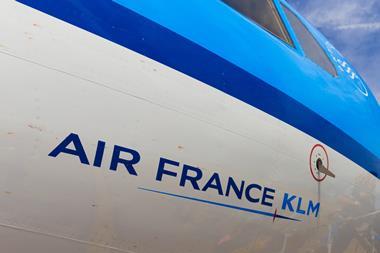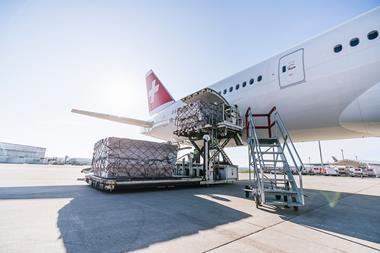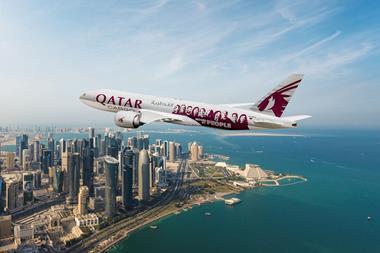![]()
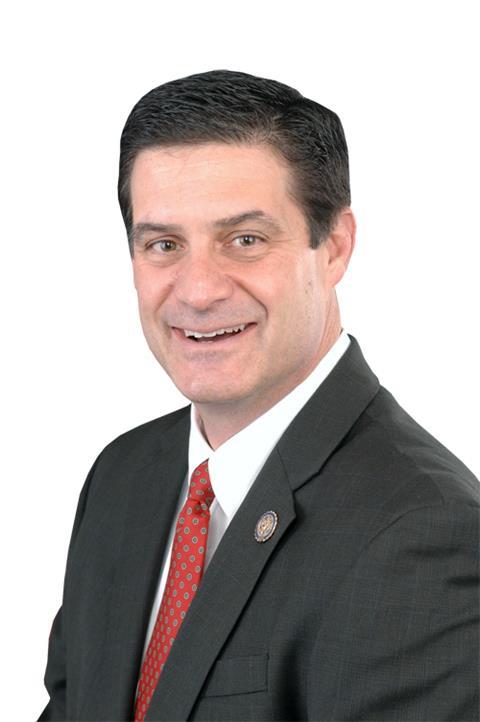
CAN cargo pilots fly safely having had less sleep than their colleagues who fly passenger planes?
“Whether you’re flying boxes or passengers it’s irrelevant to a smoking hole that’s left in the ground because it doesn’t care what the load was,” says US Republican congressman Chip Cravaack.
“The same skies and same runways are being used for cargo and passenger aircraft.
“A fatigued cargo pilot is the same [potential danger] as a fatigued passenger pilot. One level of safety must be the rule and not the exception.”
The former navy and Northwest Airlines pilot clearly believes cargo pilots should be entitled to the same recovery periods as their colleagues who fly people rather than products and produce.
The controversial bill, designed by the Federal Aviation Administration (FAA), limits passenger pilots’ flying time to a maximum of nine hours and states their rest periods should be a minimum of 10 hours.
In short, the new ruling gives them the opportunity to have eight hours of uninterrupted sleep.
The Representative for Minnesota is sponsoring the Safe Skies Act of 2012, organised by the Air Line Pilots Association (ALPA), which includes cargo pilots.
The FAA’s legislation, unveiled last December, looks set to be hotly debated all the way to its take off point in January 2014.
It is understood The Independent Pilots Association – representing more than 2,000 pilots – has filed a lawsuit seeking an amendment, which includes all-cargo operations.
![]()
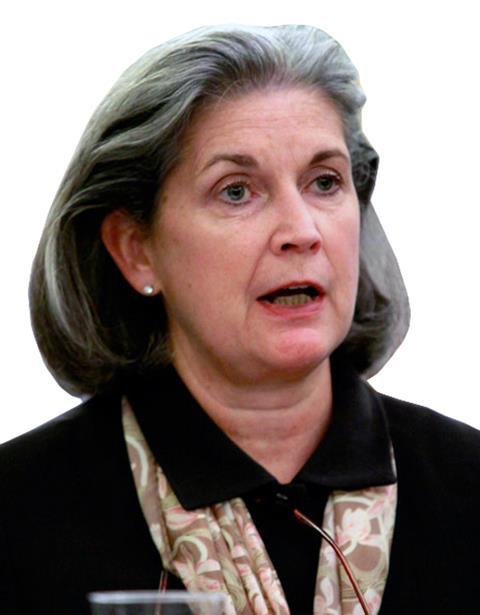
“NO-ONE puts a value on human life, but the truth is, there are ways to analyse what the societal benefits will be and we do that by estimating what the public is willing to pay to avoid injury or fatalities,” explains Peggy Gilligan (pictured), the FAA’s associate administrator for aviation safety.
One could be forgiven for thinking she does appear to advocate that cargo pilots can survive on less sleep.
However, Gilligan has stressed the need for passenger and cargo airlines to implement their own plans for combating pilot fatigue.
“We are not sitting on our hands,” she adds. “There is more than one way to skin a cat.”
It is understood the agency consulted the national transportation department and the White House’s Office of Management and Budget, ahead of making its decision to exclude cargo pilots from the safety document.
The FAA estimated it would cost passenger airlines US$300m a
nnually to comply with the new rule although airlines argue the figure is much higher.
Hence, Airlines for America’s, formerly known as Air Transport Association of America, opposition to the bill altogether.
Gilligan says the transport department “determined that [what] society is willing to pay is a little over $6m per person who might be affected by an accident”.
Therefore, the agency weighed the cost for applying the rule to cargo pilots against the likelihood of such accidents occurring and how much the new rule would prevent them.






